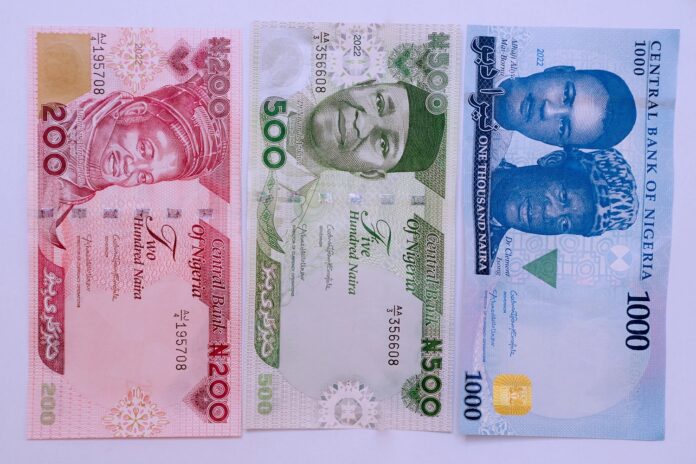Some small scale industrialists and entrepreneurs in the Federal Capital Territory (FCT), have continued to count their losses over the lingering new Naira notes scarcity.
They said on Sunday in Abuja, that the situation was hurting their businesses as they continue to record low patronage.
According to Dr Solomon Vongfa, the National President of Association of Small Scale Industrialists (NASSI), the redesigning of the naira is actually a good policy but the implementation came at the wrong time.
Vongfa, who expressed concern that the Naira scarcity was adversely affecting commercial activities in the country urged the Federal Government to quickly address the situation.
He said that businesses of most members of the association were going down thus bringing hardship to them.
“Also, the time limit they gave for the exchange of the money has brought untold hardship on Nigerians, people are fighting on the queue as they can’t withdraw their money.
“It is not a palatable thing. It has really affected a lot of people as so many businesses are down because of this situation.
“Some people may not be able to recover from this experience that they have had because many businesses are shut down.
“These are people who depend on daily activities to get small money but they are finding it very difficult. Some of them do not have bank accounts.
“For those who have bank accounts, you may say after the storm they will still go back to their banks and get back their money but people who depend on daily activities to run their business using cash may not survive it,’’ he said.
Vongfa, however, urged the Central Bank of Nigeria (CBN) to intensify efforts to ensure that money circulates to all parts of the country through the POS.
While expressing concern that some people use the opportunity to cash out, Vongfa urged the Federal Government to provide the needed technology that would enhance electronic cash transfer.
According to him, the infrastructure to run this thing is not as available as expected, so transferring is a problem. The network is already cloned because a lot of people are on it.
“It is not an easy one and even to see the cash is also another problem, the people who manage to get it take advantage as a business and start marketing it,’’ he said.
Similarly, Dr Abdulrasheed Yerima, the National President, Nigerian Association of Small and Medium Enterprises (NASME) said that the scarcity of the Naira notes has much negative impact on the operations of SMEs in the country.
“We cannot fend for some of our needs and at the same time most of our Micro Small and Medium Enterprises (MSMEs) cannot pay their staff, especially the casual workers.
“More so, there are no banks and poor network coverage where they are operating, therefore, they cannot operate optimally.
“Some of them don’t have accounts, especially those in the rural areas and some of them cannot afford a smart phone to enable an electronic transfer.
“Their businesses depend on daily activities in the rural areas and they are also battling with the issue of power supply, so it is a lot of stress for them and it is affecting their businesses negatively,’’ Yerima said.
He urged the Federal Government to allow the continuous use of the old naira notes while also allowing for a gradual phasing out of the notes.
Mr Major Anosike, a provision shop owner in Wuse Market, complained of low patronage since the policy was implemented.
“Whether we like it or not, we cannot do away with cash generally. At least there are certain percentage of Nigerians that must still need cash to run their businesses,’’ Anosike said.
Similarly, Miss Beatrice Erekosima at Garki Model Market said that she mostly sells via electronic money transfer.
“But when I go to restock my shop, I cannot easily withdraw the money to buy my goods and this is affecting my business,’’ she said.
Mr Cika Deezim, an economist said that sufficient time was not provided to enable people to plan for the implementation of the Naira redesign policy.
Deezim also faulted that the policy was implemented same time when the country was going into general elections.
“Electioneering year economically is not too viable because people who want to come and invest will be thinking of the incoming government.
“Investors are sceptical, they are observing this period of political issues.
“People are looking at it that politicians want to use it to share money, no, even a lot of people will not like to bring in their money for whatsoever reason.
“Till the elections are over and we know the winner before they start negotiating how they can come in and invest.
“I expected the monetary policy to have looked at this.”
According to him, investors won’t bring in their money in the election year, as between January 2022 to Dec. 31, 2022, there has been a lot of setback.




